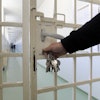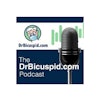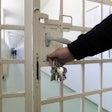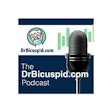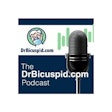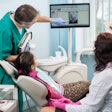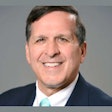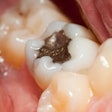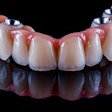Dear Practice Management Insider,
Dental care ranks among the most unmet needs of the 3.5 million homeless in the U.S., who are often considered troublesome and undesirable patients. But dental students who treated them at a Los Angeles skid row clinic came away with improved attitudes, including a greater sense of duty to help the needy, according to a study in the Journal of Dental Education.
Read more about their experiences, and those of a Missouri dentist who regularly volunteers his services to help homeless teens, in our latest Practice Management Insider Exclusive.
Further fueling the controversy over midlevel providers, the first independent evaluation of Alaskan dental health aide therapists (DHATs) by the W.K. Kellogg Foundation concluded that they offer safe and competent care to residents of remote and underserved native communities. Click here for the story and here to learn about the foundation's plans to help five other states develop the midlevel provider model.
In Kansas -- one of the states slated to get DHAT funding from Kellogg -- the issue is already roiling debate between advocacy groups that cite a critical shortage of dentists and the state's dental association, which adamantly opposes allowing nondentists to perform surgical procedures.
And as states struggle with the ongoing effects of the recession and burgeoning enrollment in Medicaid, dental benefits for adults are being reduced or eliminated. Read more about how the cutbacks are taking a toll here.
Dental loan repayment programs are one solution being proposed as a way to improve access to care. Now the U.S. government is offering clinicians up to $60,000 to repay student loans in exchange for two years of service at facilities in medically underserved areas. Get the details here.
On the more practical side of practice management, a California court ruled that consumers have the right to post negative reviews of businesses on websites such as Yelp.com. Read about the opinion, which was issued in response to a lawsuit brought by a dentist against the parents of a former patient and against Yelp.
And while the U.S. government sorts out its expectations for electronic health records (EHRs) in the dental industry, some vendors and practitioners are already moving ahead. Read why EHRs aren't really as scary as they might seem here.
Finally, U.S. dentists can take pride that one of their own will help decide national policy. Following the recent midterm elections, Arizona dentist Paul Gosar is headed to Washington, DC, as a newly elected congressman. Read more about his plans to cut government, taxes, and healthcare reform.
